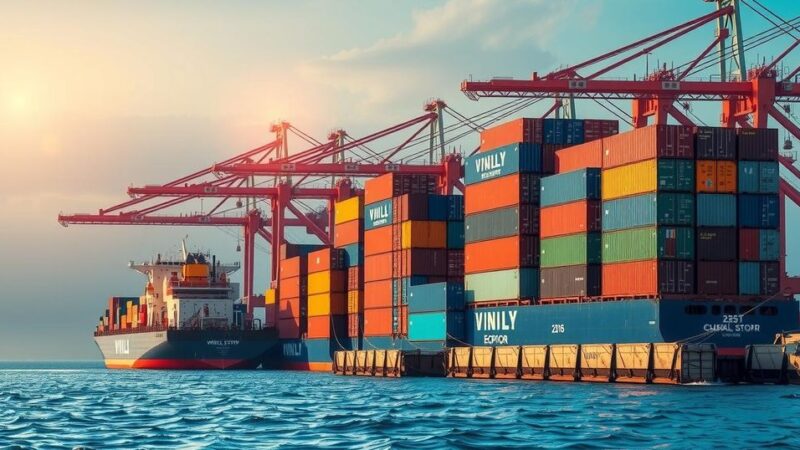South Africa and Brazil have emerged as top contenders in the global iGaming market, surpassing traditional leaders such as England. Brazil’s online betting participation has increased to 22%, edging past England’s 19%, while South Africa leads with 30% engagement. Blask’s data reveals fluctuating metrics in both regions, indicating growth and evolving demographics. While South Africa shows stability, Brazil exhibits higher volatility in its market metrics. The shift exemplifies a new era of prominence for emerging economies in the iGaming sector.
In a significant development within the global iGaming sector, South Africa and Brazil have emerged as formidable contenders, firmly establishing themselves among the top five markets worldwide. The recent analysis by Blask, an AI-driven market analytics platform specializing in the iGaming industry, divulges critical factors contributing to this remarkable shift. Coinciding with the findings reported by iGaming Brazil, South Africa and Brazil have not only eclipsed traditional gaming jurisdictions but have also redefined the betting landscape on a global scale. As of the latest assessments, Brazil has surpassed England in terms of online betting engagement, boasting 22% of its population actively wagering compared to only 19% of English participants. This represents a notable increase from merely 15% in the prior year, positioning Brazil fifth globally behind New Zealand, Greece, Norway, and South Africa. South Africa’s dominance is underscored by a striking 30% of its populace participating in online betting, reaffirming its status as a leader in iGaming engagement and reflecting the rapid proliferation of online betting within emerging markets. A detailed examination of market metrics reveals distinct trends within South Africa and Brazil. In South Africa, the Blask Index exhibits fluctuations throughout 2024, starting at 53 million in January, peaking at 62 million in September. The estimated effective gross gaming revenue (eGGR) reflects a relatively stable trend with a notable average of $93 million in September. Conversely, Brazil’s market metrics showcase higher fluctuations and values; the Blask Index began at 169 million in January, culminating at 215 million in September, with the eGGR reaching an average of $475 million in the same month. The analysis further reveals distinctive player demographics in both countries. In South Africa, a substantial segment of the active online betting community, approximately 18 million players, predominantly fall within the 25-34 age range (35%) and are largely middle-income earners. Conversely, Brazil’s iGaming population, estimated at around 47 million, features a younger player base, with 25% aged between 18-24, indicating a shift towards a more youthful demographic in the online betting sector. This comprehensive analysis underscores a critical transformation within the global iGaming landscape, highlighting an increasing trend of emerging economies gaining prominence in the industry. Both South Africa and Brazil reflect not merely a rise in market size but signal a paradigm shift that may redefine industry dynamics moving forward. Furthermore, the respective market profiles indicate a substantial potential for growth and innovation within regions that are beginning to embrace regulated online gambling, setting a precedent for other emerging markets globally.
The global iGaming industry has experienced significant transformations, particularly with emerging economies such as South Africa and Brazil asserting themselves as key players. Existing powerhouses in the sector are now facing competition from these countries, which are reshaping the traditional dynamics of online gambling. With evidence of increased engagement rates and a sizable population participating in online betting, these markets are indicative of broader trends towards regulatory advancement and digital adoption. Understanding the metrics and demographic profiles from these emerging markets is instrumental in grasping the evolving landscape of the iGaming industry, where traditional leaders may be supplanted by dynamic regional competitors.
In conclusion, the ascent of South Africa and Brazil within the global iGaming market symbolizes a substantial shift in the industry’s dynamics, where emerging economies claim their stake and influence. South Africa stands as a leading nation with an unparalleled engagement rate, while Brazil’s rapid growth indicates its potential to reshape global betting norms. The contrasting profiles of players in both territories showcase the diversity and maturity of these markets, further emphasizing the likelihood of continued growth and innovation. This trend highlights a pivotal moment in iGaming, suggesting that other emerging markets may follow suit, transforming the international betting landscape profoundly.
Original Source: next.io






